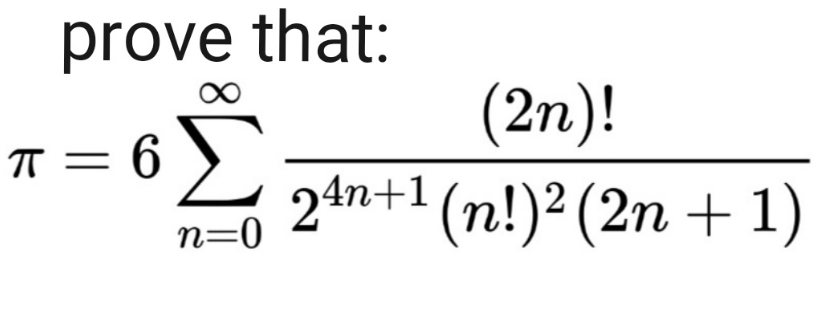
Question and Answers Forum
Question Number 166530 by amin96 last updated on 21/Feb/22

Answered by qaz last updated on 22/Feb/22

| ||
Question and Answers Forum | ||
Question Number 166530 by amin96 last updated on 21/Feb/22 | ||
 | ||
Answered by qaz last updated on 22/Feb/22 | ||
 | ||
| ||